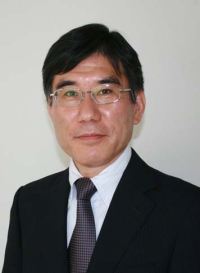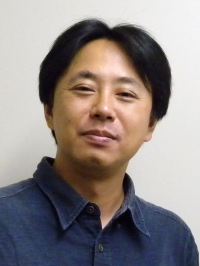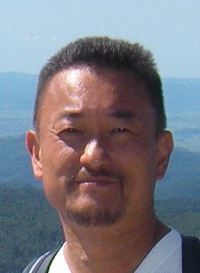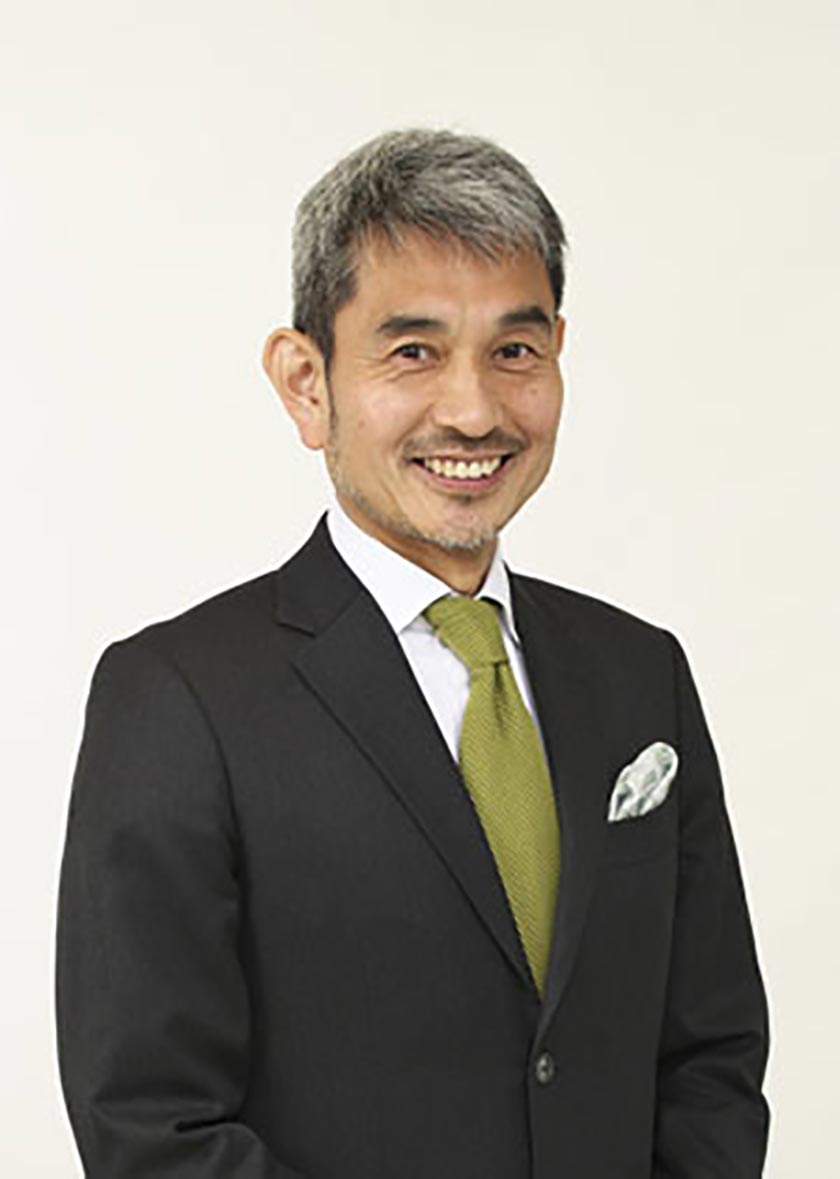Center for Promotion of Educational Innovation
Educational Goals
In order to foster the kind of personnel indicated by our vision of the ideal engineer, the Shibaura Institute of Technology provides educational programs that enable students to acquire the knowledge and skills specified in the following three educational goals during the four years of learning.- Recognize the diversity of the world and society and apply this recognition to the resolution of challenges.
- Identify challenges, recognize the knowledge and skills necessary for resolving them, acquire what is lacking through self-learning and resolve the challenges by applying basic science and professional knowledge while taking into consideration the social and economic constraints.
- Communicate with partners and work in a spirit of teamwork.
Educational Mission Statement
To practice its founding philosophy, the Shibaura Institute of Technology regards it as the mission of its educational activities to develop the knowledge and skills that form the basis for resolving challenges faced by the engineers in this globalized world and to cultivate self-learning capability to enable students to achieve self-enhancement so that they can remain actively involved with society over their lifetime.Vision of the Ideal Engineer
The Shibaura Institute of Technology fosters engineers capable of playing an autonomous and proactive role in the world and society and contributing to the world by performing the following tasks:- Recognize the diversity of the world and society;
- Identify the needs of the world and society that are waiting to be resolved;
- Develop the motivation and ability to acquire the knowledge and skills necessary for resolution through self-learning; and
- Resolve the challenges through communication and partnership with various people.
Sections of the Center for Promotion of Educational Innovation
IR Section
To assure the quality of education, the IR Section sets clear learning and educational goals as well as systematic curriculums designed to achieve them. We need to assess the learning effect and turn the PDCA (plan, do, check and act) cycle to improve the education quality based on the assessment. To do so, the IR Section is promoting the introduction of rubrics and PBL (project-based learning) into graduation studies, and is developing and expanding an e-portfolio as a means to enable students to learn proactively and reflect their achievements. We also plan and organize workshops on the implementation of educational reforms in association with the faculties and administrative staffs.
 Masahiro Inoue, the Director of the IR Section
Masahiro Inoue, the Director of the IR SectionCareer Education Section
When asked why they have chosen a science and engineering university, some students of the Shibaura Institute of Technology mentioned their desire of involving in monozukuri (creating things) and cutting-edge research while others cited more specific goals concerning their future career, such as becoming an architect, designing and developing medical and welfare equipments or working for an automaker. Such replies are an indication that science and engineering education is nothing but career education for students. Against this backdrop, the Career Education Section is helping students reflect on their records of learning with an eye to their future career and implement proactive learning plans.
 Hiroshi Hasegawa, the Director of the Career Education Section
Hiroshi Hasegawa, the Director of the Career Education SectionFaculty Development / Staff Development Promotion Section
We provide Faculty Development and Staff Development support for the faculty and administrative staff, as well as the academic organization. Generally speaking, at science and engineering universities, middle-level Faculty Development concerning curriculums and education systems as represented by the JABEE program is relatively well-established. On the other hand, support measures for individual teachers have been insufficient at the Shibaura Institute of Technology as well. Therefore, we are enhancing the micro-level FT programs concerning class improvement support for individual teachers. As for Staff Development support measures, we are working with the faculty and administrative staff to gradually implement such measures, mainly with respect to Staff Development concerning the academic organization. Moreover, as an initiative to promote student participation in Faculty Development and Staff Development, we are fostering SCOT and providing the SCOT program as one of our Faculty Development support programs.
*JABEE: Japan Accreditation Board for Engineering Education
*SCOT: Students Consulting on Teaching
*JABEE: Japan Accreditation Board for Engineering Education
*SCOT: Students Consulting on Teaching
 Nobuhisa Sakakibara, the Director of the Faculty Development / Staff Development Promotion Section
Nobuhisa Sakakibara, the Director of the Faculty Development / Staff Development Promotion SectionEducation and Learning Promotion Section
The College of Engineering has decided to reassess the fundamental subject system and to set up new support subjects starting from April 2017. These support subjects aim to support students to take common mathematics subjects and English subjects at the beginning of the freshman year. It plays a supplementary role for students who did not reach the enough level of placement test. This approach is intended to widely provide the learning support that had only been carried in the Learning Support Room of the College of Engineering. Regarding the establishment of new support subject, Learning Support Room will take another look at its role, such as providing private lectures to students who still have difficulty in studying. And we will continuously work on building a better education and learning promotion system for the whole university by collaborating with the learning counseling room "I-Co-B" established at the College of Systems Engineering and Science and the Learning Support Room at the College of Engineering and Design.
 Jun Yamada, Director of the Education and Learning Promotion Section
Jun Yamada, Director of the Education and Learning Promotion SectionGlobal Promotion Section
In this era of globalization, students of the Shibaura Institute of Technology need to acquire the ability to resolve various challenges while actively communicating with people from other countries and cultures. Taking a step further, the founding philosophy of the Shibaura Institute of Technology, "Nurturing engineers who learn from society and contribute to society," we aim at fostering engineers "who learn from and contribute to the world." To do so, we are promoting practical engineering education that takes advantage of Japan’s culture of monozukuri (creating things) based on the concept of education for value co-creation that assures the quality of both academic learning and education. The Shibaura Institute of Technology aspires to become an organization with a "world-class university system" and contribute towards the development of the world by operating the Global Technology Initiative Consortium. In this way, we will ensure that the activities of the Institute will act as a driving force for the science and engineering universities in Japan.ContactCenter for Promotion of Educational Innovation
- 307 Fukasaku, Minuma-ku, Saitama-shi, Saitama 337-8570, Japan (4F 4 Building Omiya campus)